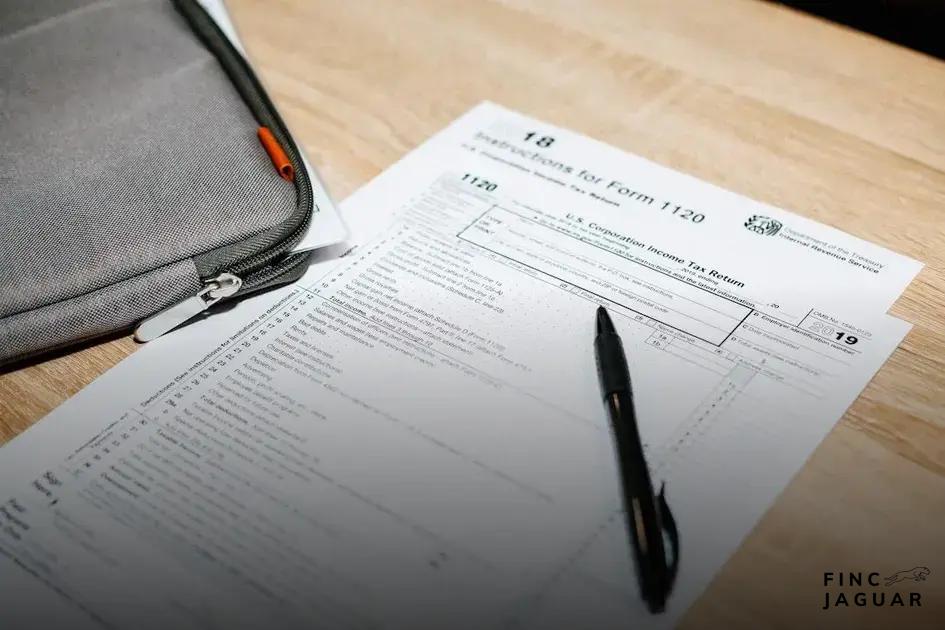Your 20s present the perfect opportunity to establish strong financial habits. Knowing the best money moves to make during this period is crucial for securing your financial future. With a solid financial foundation, smart investments, wise spending, and emergency preparedness, you can confidently navigate this exciting decade. Let’s explore each aspect in detail.
Build a Solid Financial Foundation
Your twenties are the perfect time to establish a robust financial foundation. This is when you can take advantage of your youth and time to make smart decisions for the future. Begin by creating a budget to track your income and expenses. This step will help you understand where your money is going and identify areas to cut back if necessary.
Opening a savings account is another crucial step. Aim to save a set percentage of your income each month. Even small amounts can accumulate significantly over time. By consistently saving, you’ll have the resources to handle unexpected financial events without resorting to debt.
Next, consider building a credit history responsibly. Your credit score is instrumental in various aspects of life, from renting an apartment to securing a loan for a car or home. Use a credit card wisely, making sure to pay off the full balance each month to avoid interest charges.
Additionally, educate yourself on the basics of personal finance. There are numerous online resources, courses, and books available to help you understand key concepts like compound interest, investment strategies, and retirement planning.
Lastly, don’t forget to set financial goals. These could be short-term, like buying a new laptop, or long-term, like owning a house. Goals will motivate you to save and manage your finances more effectively. By focusing on a solid financial foundation, you’ll pave the way for long-term success and stability.
Invest in Your Future

Your twenties are a perfect time to invest in your future and set the stage for long-term financial success. One of the most impactful ways to do this is to start investing as early as possible. Even small amounts can significantly grow over time thanks to the power of compound interest.
Embrace the Power of Compound Interest
By starting young, you allow your money more time to grow. Open a retirement account, like a 401(k) or Roth IRA, and contribute regularly. These accounts come with tax benefits that bolster your savings potential. If your employer offers a matching 401(k), make sure to contribute enough to get the full match. It’s like free money!
Diversify Your Investments
Don’t put all your eggs in one basket. Diversify your investment portfolio to reduce risk and increase the potential for great returns. Consider a mix of stocks, bonds, and mutual funds. You don’t need to be an expert to invest wisely. Using management funds or index funds can offer simplicity and good performance.
Invest in Yourself
Enhance your skills and knowledge. Whether it’s through formal education, workshops, or self-paced online courses, investing in yourself increases your earning potential. Constantly learning and adapting can open doors to higher-paying jobs or career advancements that you might not have expected.
Understand Risk Management
While investing is crucial, understanding the risks involved is equally important. Learn about risk tolerance and how it applies to your personal financial goals. Knowing when to take calculated risks or when to turn more conservative can impact your financial journey and help secure your future.
Cultivate Wise Spending Habits
One of the most important life skills to develop in your 20s is cultivating wise spending habits. This doesn’t mean that you should deprive yourself of enjoyment, but rather balance your needs and wants intelligently. Start by creating a monthly budget that outlines all your necessary expenses such as rent, groceries, and transportation. Keep track of your spending to ensure you stay within your budget limits.
When considering purchases, always ask yourself if the purchase is an essential or simply a momentary desire. Differentiating between needs and wants is crucial. Additionally, take advantage of discounts and sales smartly, avoiding the trap of buying items just because they’re on sale.
Using cash instead of credit can also help in avoiding debt. Credit cards can be convenient, but they often lead to spending beyond your means. Use credit only if you can pay off the balance each month to avoid interest charges.
Moreover, remember to allocate a portion of your income to a savings account. This should be viewed as a non-negotiable monthly expense. Over time, saving consistently will create a financial cushion that can support you in unforeseen situations or opportunities.
Practicing wise spending habits is a discipline that will not only secure your financial future but also teach you to appreciate the value of the items you purchase, ensuring a more fulfilling and financially sound life.
Prepare for Emergencies

Ensuring financial resilience in your 20s involves taking strategic steps to prepare for unexpected situations. One essential move is to establish an emergency fund. Aim to save enough to cover three to six months’ worth of living expenses. This safety net can help you navigate through unexpected events like medical emergencies or job loss without derailing your financial stability.
Create a separate savings account specifically for emergencies to avoid dipping into funds meant for other goals. Automate monthly contributions to build your fund consistently. This practice not only makes saving effortless but also reinforces your commitment to securing your financial future.
Additionally, invest in adequate insurance coverage. Health insurance, in particular, is vital as medical expenses can be overwhelming. Consider other forms of insurance like car or renters insurance depending on your circumstances and assets.
Developing a clear plan for managing debt is another critical aspect of preparing for emergencies. High-interest debt can quickly become a burden in unexpected situations, so prioritizing its reduction is crucial. Understanding your cash flow and preparing a budget can offer clarity and confidence in handling unforeseen expenses. Embrace these proactive steps to ensure that a financial curveball doesn’t lead to long-term setbacks.





